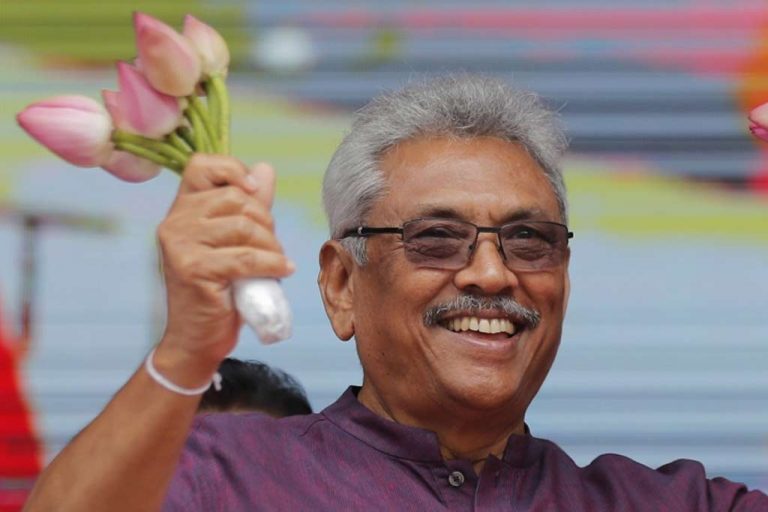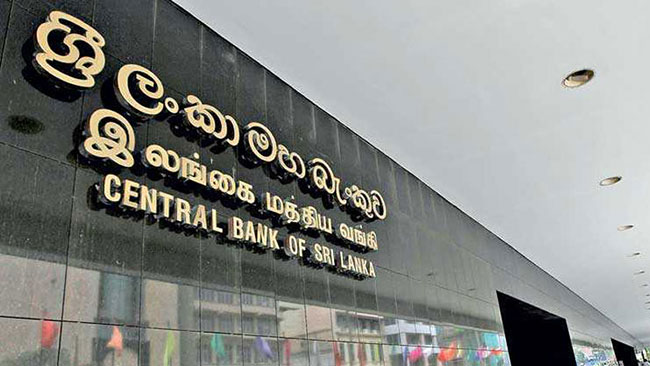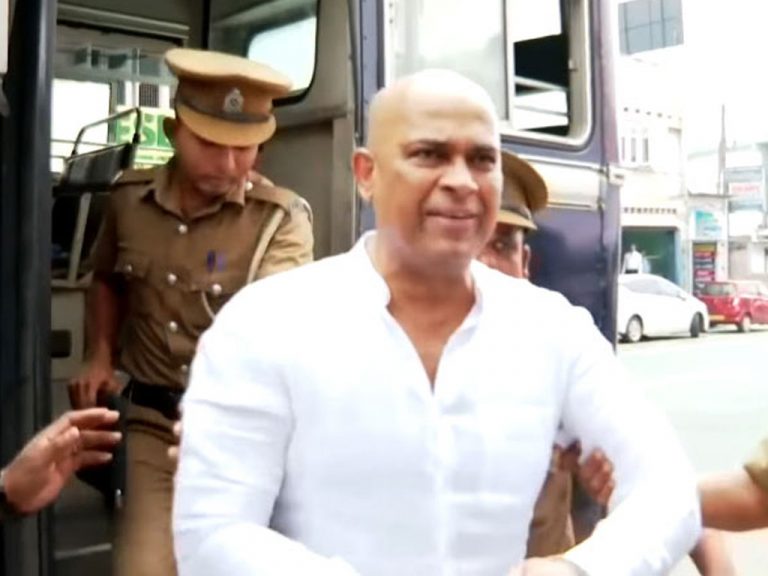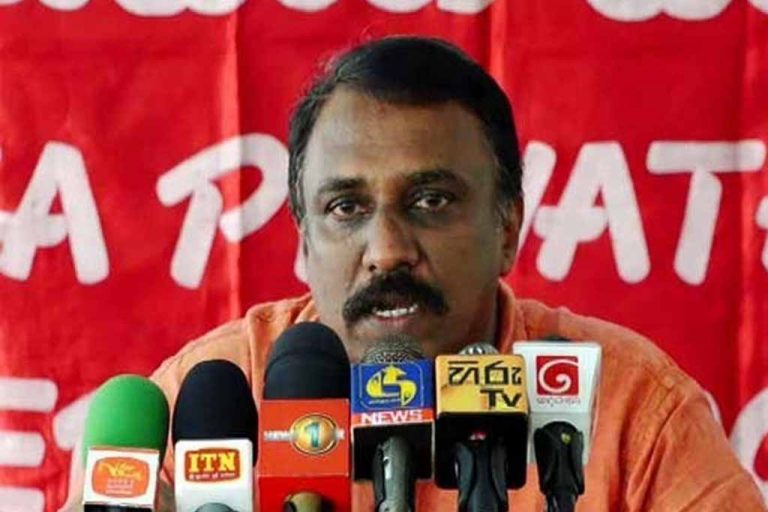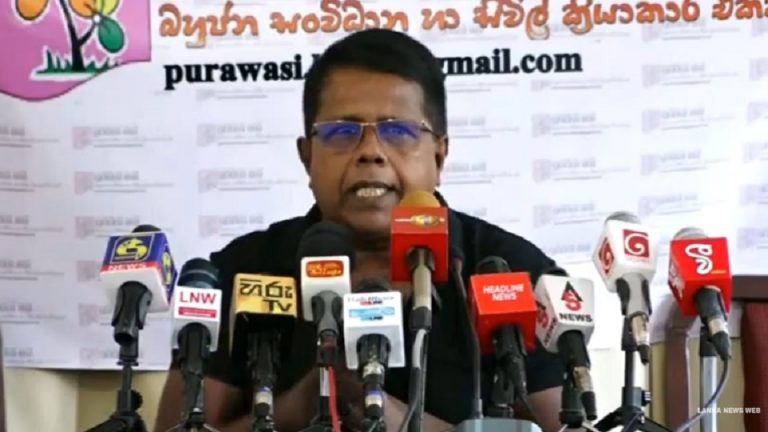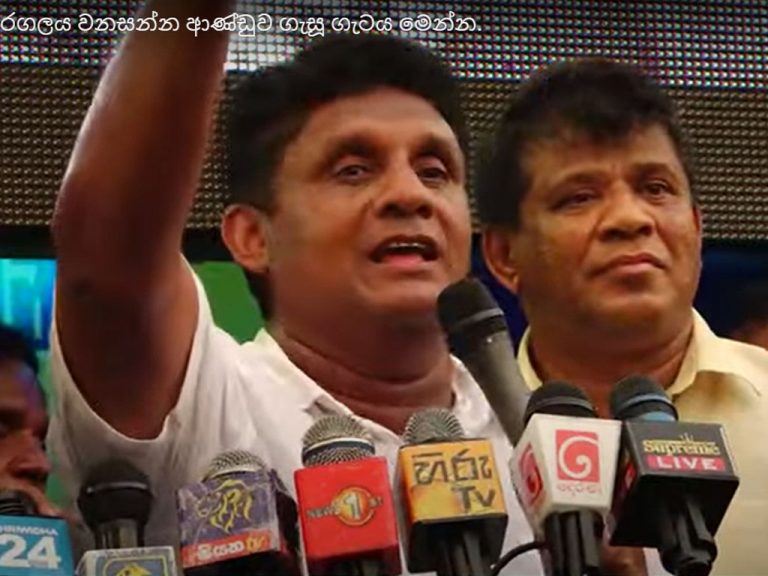One of the main reasons for the current dollar crisis is lack of higher educational opportunities in Sri Lanka.
So, many students of age 18-20 leave Sri Lanka and their education abroad is fully funded by the hard earned dollars that are sent to Sri Lanka by the expatriate workers. In addition, these students has a simple way of stopping dollars coming to Sri Lanka. They meet residents of Sri Lankan origin and get their dollars they intent to send to their relatives in Sri Lanka and then get their parents to settle the amount at the black market rate. So, many in Australia, Canada now do not send dollars to Sri Lanka, but simply get it all sorted out with our students following their undergraduate programmes in those countries. So, if we are to solve the dollar crisis, we must stop this need to migrate to get higher education.
This can be done only with the following:
1. Increase the intake for popular courses in the state funded higher education system (state funded universities with accredited degrees must go for Hybrid mode and with the existing facilities shall increase the intake and we need a system to motivate the academics to do so).
2. Encourage the Privately Funded Higher Education Institutes to seek proper accreditation (like Washington Accord or similar) so that many students will find that there is no need to go abroad for higher education using the hard earned dollars since a high quality internationally recognized education can be easily obtained in Sri Lanka for a fraction of the cost that needed to get the education abroad.
3. Streamline and develop accredited courses in popular fields to attract students from the region (Maldives, Nepal, India, Pakistan, Madagascar, Sea-shells, Bhutan, Kenya, Tanzania, Somalia, Angola, etc.) so that they will come to Sri Lanka as foreign students and will pay their fees in dollars (say, US $ 10,000/= per year per student). We shall target about 50,000 foreign students per year initially, but it can be increased to a higher number thus making education a dollar spinner for Sri Lanka as we expect from the Tourism industry.
Such students can be given Hybrid mode of education and we can expect them to spend at least one month in Sri Lanka per year for their in-person activities.
In addition to the student fees in US Dollars, these students will become tourists to Sri Lanka and can boost the tourism income as well. Their presence will give a new international experience to our students and also be a good motivator for our students to become very fluent in communicating in English. We can simply create a multi-cultural experience for our local students so that they will be of higher maturity by the time they complete their degrees.
Please note that to go this goal, as a body vested with the responsibility of providing internationally recognized Washington Accord Accreditation (also Sydney Accord as well), IESL council shall be able to have proper accreditation committee with experienced academics and practicing engineers and also with a proven track record for unbiased action. In this context, IESL Council of year 2021/22 and the one of 2022/23 will have to undertake accreditation requests from various higher education institutes with an open mind and also with the willingness to help those institutes to grow to be become giants of education in near future so that Sri Lanka could be ranked as a knowledge hub for Engineering Education not only for Sri Lankans but also for the Asian/African region.
As I indicated, our IESL proposal shall not be one that looks inward, but shall be outward with Out of Box thinking. As long as we think inside the box, we will never come up with naval ideas that can give us a chance to jump start a stagnated and mismanaged economy. Inward thinkers are only good at splitting hair looking at the available regulations and bylaws.
In my view, as the apex body for engineering, we are not presenting a set of typical proposals.
If we are to issue such a typical proposal, there is no need for the President Elect to call for suggestions and then take time to formulate a good set of proposals with great deal of care by taking the views of a cross section of our very experienced general membership.
Let’s be proactive and unbiased when we make suggestions to take our wonderful country out of the current messy situation since we have to consider this as a last chance before a major uprising by the low and middle income people who are really dejected by the way they are treated in this current crisis where we are in a hyper-inflation situation.
Only upper middle and high income earners will be able to cushion such critical economic situations and as a person who always talks with the people with monthly salaries between Rs 35,000/= to 50,000/=, I have seen the real predicament of those families specially with only one breadwinner due to kids being too small for the mothers to get involved in gainful employment.
Any family that managed to make ends meet with a monthly salary of Rs 35,000/= when rice was Rs 100/= per kg and dhal was Rs 180/= per kg and Petrol Rs 150/= per liter and bus charges are less than Rs 10/= for the first km would find it pretty hard to live today. We have a huge population in this category of Rs 35,000/= to Rs 50,000/= range and unless both parents work, those families will have to beg on the streets for living.
Therefore, our suggestions shall not address the issues of upper middle class and middle class, but the poor and lower middle class. As engineers with good salaries, many of us could be in insulated glass boxes and may have only a scanty idea of the predicament of many people in Sri Lanka.
For example, many technical officers of our university system will get a monthly salary of Rs 45,000/= to 50,000/= though they are expected to maintain a reasonable quality of life. With current conditions, they are all wondering what to do next.
The only way that we can solve their problems is by bringing US dollars in sufficient quantities so that the Sri Lankan Rupee will start strengthening from Rs 360/= per US $ to about more realistic Rs 250/= per US $. So, our suggestions shall address that fundamental point.
The pertinent question to ask is the following:
We have seen many proposals by OPA, Medical Associations, etc. Has any of such proposals addressed this fundamental problem or the crux of the matter?
Unless it is addressed, many can be considered as pretty ordinary suggestions that any layman can easily formulate. You do not need professionals to prepare such a set of proposals.
When professionals are requested to address a problem, our first duty shall be to understand the problem with a deep investigation and brainstorming and then to formulate many alternative strategies and then to select the most feasible and pragmatic ones as the probable solutions.
Then, the implementation strategies can be formulated only for the selected ones and then evaluated with an appropriate technique and the best strategies can be selected for implementation.
This is what we teach our students when we ask them to come up with solutions to open ended problem solving advocated a lot in Washington Accord supporting Outcome Based Education.
However, when it comes to the real practicing engineers, what we often see is that they often prefer to work like layman with so much biases and prejudices, but not with an open mind and aggressive will to solve the problems creating a win-win situation for all stakeholders (you are free to wear the hat if you like).
Prof M T R Jayasinghe
Chairman, Civil Engineering Sectional Committee.


